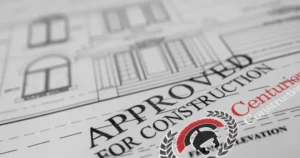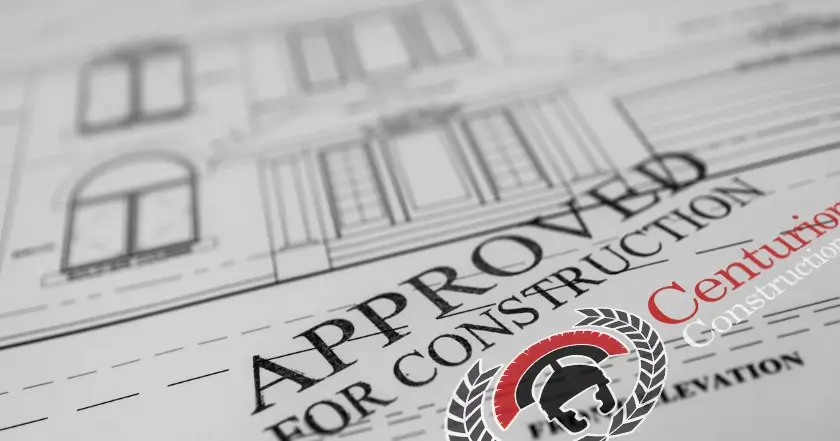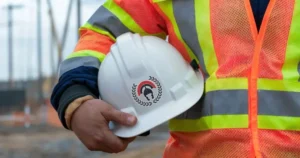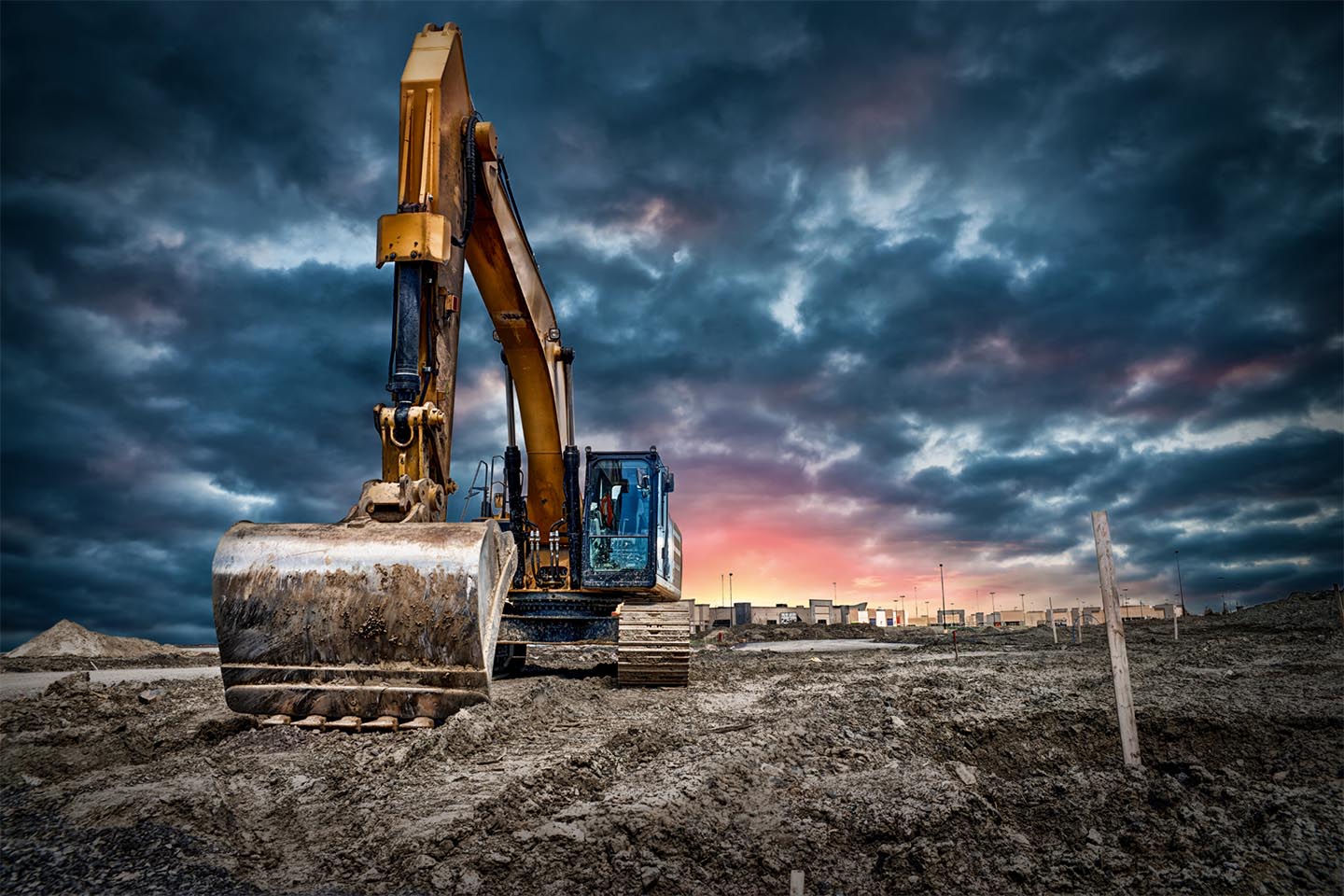
How Long Does Construction Permit Approval Take in New Jersey?
Getting a construction permit in NJ isn’t always fast or simple. Learn what affects approval times and how to navigate the process more efficiently.

A Brief NJ Construction Permit Approval Guide for Residential and Commercial Projects
In the world of construction, timelines are everything. Whether you’re a homeowner planning an addition or a developer preparing a commercial project, one of the most pressing questions you face early in the process is: How long does it take to get construction permit approval in New Jersey?
The answer, as you might expect, is complicated. It depends on a variety of factors including the type of project (residential or commercial), the municipality in which you’re building, and the completeness of your application.
In this post, we break down the approval timeline, outline the permitting process, explore the legal framework governing municipal differences, and share best practices for accelerating the timeline.
The permit approval process in New Jersey is overseen by the Department of Community Affairs (DCA), which sets the state-wide Uniform Construction Code (UCC). This code is administered at the local level by each municipality’s construction office. Regardless of project size or scope, your plans must be submitted for code review, zoning compliance, and in some cases, environmental and historical preservation clearances.
According to the New Jersey DCA, once a complete permit application is submitted, municipalities have 20 business days to approve or deny it. However, “complete” is the operative word. If your application is missing documents or your plans require clarification, the clock essentially pauses.
Residential Projects:
For smaller residential projects like decks, fences, or home additions in NJ, permits can be approved fairly quickly—sometimes within 7-10 business days if documentation is in order and zoning is straightforward. Larger residential work, such as whole-home renovations or new builds through custom home builders in NJ, may take the full 20 days or longer if additional reviews are needed (e.g., soil conservation or grading).
Commercial Projects:
For commercial developments, the timeline tends to stretch. If you’re planning commercial construction in NJ or are a developer working with a construction management company, expect the permitting process to take anywhere from 4 to 12 weeks.
High-impact projects like ones by hotel builders or healthcare construction projects may require site plan approvals, traffic studies, or environmental assessments, all of which can extend the process significantly.
Yes, timelines often vary significantly from town to town. While New Jersey’s UCC mandates a 20-day review period, local zoning laws and administrative practices can introduce additional delays. For instance, some municipalities require Planning Board or Zoning Board approval before permits can even be submitted. Others may lack sufficient staff, resulting in administrative bottlenecks.
Is this legal? Technically, yes – as long as the municipality adheres to state codes. Local governments are allowed to set up additional reviews or procedures as long as they don’t contradict state law. Unfortunately, this results in inconsistency, and developers may experience significant timeline differences between towns.
A good example is the City of Hoboken versus a more rural township like Fredon. Hoboken, with its dense urban planning requirements, historic preservation overlays, and limited staffing, might take double the time of a less-regulated township with simpler zoning ordinances.
To navigate this, many professionals turn to experienced general contractors in NJ who are familiar with the nuances of local municipalities.
Even under ideal circumstances, permit approvals don’t always proceed as quickly as applicants hope. Several common factors can slow down the review process or trigger costly resubmissions.
While some delays are out of your hands, there are proven strategies to help streamline approvals and avoid unnecessary holdups. These tips can make the permit process faster, smoother, and more predictable.
Specialty construction firms like self storage builders, restaurant construction, and auto dealership construction companies often face unique permitting hurdles. These may include:
Each of these adds steps to the permitting process and can increase the approval timeline. Working with a construction management company in New Jersey that understands the specific challenges of your industry can streamline the process and minimize delays.
The CCC is a key resource for:
This manual outlines:
It’s particularly useful for municipal staff, general contractors, and developers who want to better understand how different towns process construction approvals. Despite some variation in local execution, the manual ensures there’s a consistent baseline of legal expectations across New Jersey.
The UCC includes multiple subcodes, such as:
Each municipality in NJ is required to enforce the UCC through its local construction office, which oversees permits, plan reviews, and inspections. While towns may have slightly different administrative procedures, they are all legally bound to enforce the same core UCC regulations.
Navigating New Jersey’s construction permitting process isn’t for the faint of heart, but the right team can make all the difference. Whether you’re developing multifamily construction, planning a tenant fit out project, or tackling a major NJ home renovation, our team at Centurion understands what it takes to move quickly and stay compliant.
As one of the best interior fit out companies in New Jersey, our team knows how to get your new tenant project up and running quickly.
For more information, visit our construction blog or explore recent construction projects in NJ.
Need help navigating your permit timeline or getting your project off the ground? Contact NJ building permit experts here!
Thanks for reading!

Getting a construction permit in NJ isn’t always fast or simple. Learn what affects approval times and how to navigate the process more efficiently.

Explore today’s top commercial construction challenges – labor, materials, safety, tech – and discover expert strategies to keep your projects on track and on budget.
